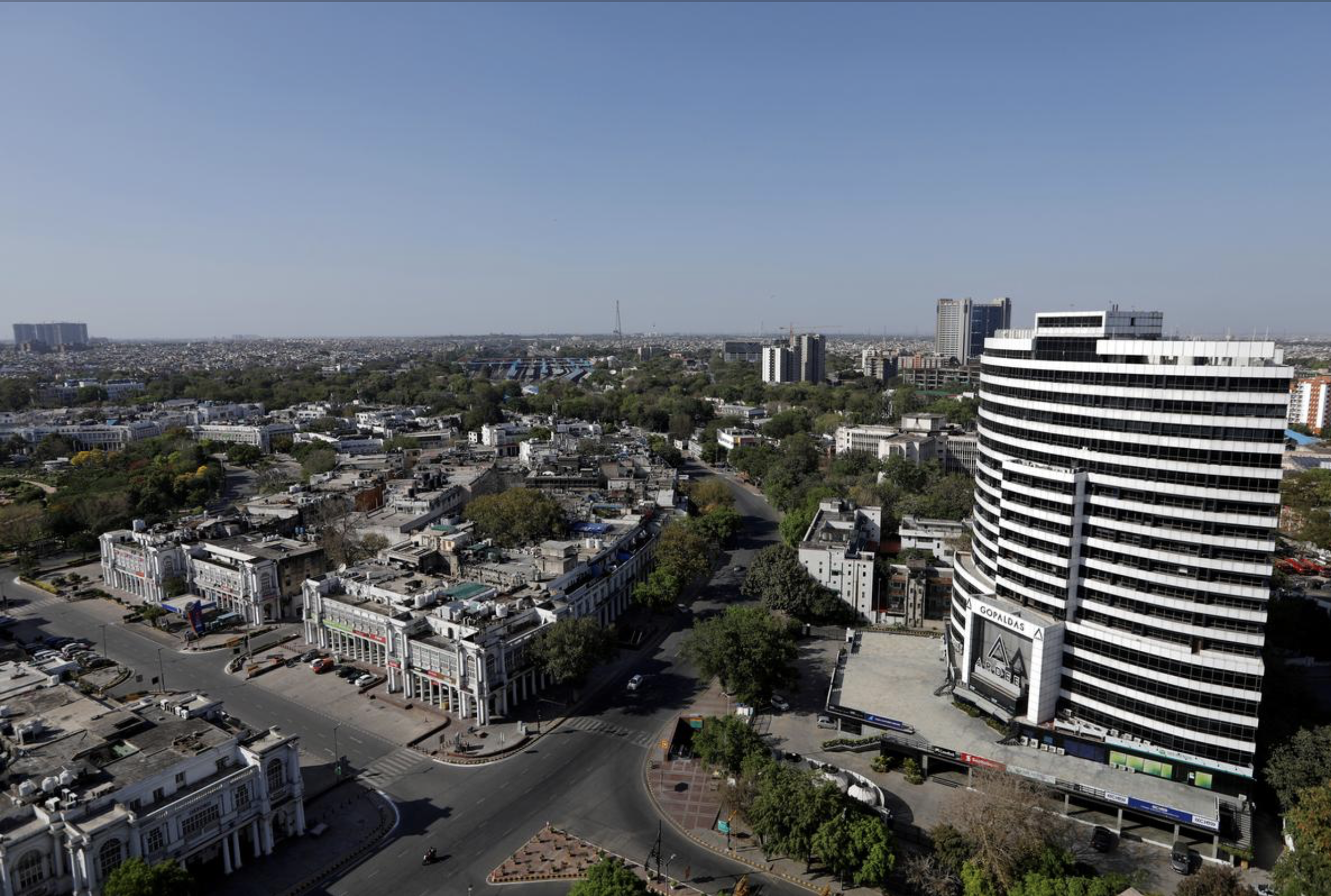GENEVA (Reuters) – The COVID-19 pandemic is expected to cause the biggest fall in carbon dioxide emissions since World War Two but it will likely be short-lived and will not stop climate change, the World Meteorological Organization (WMO) said on Wednesday.
The WMO expects a 6% drop in carbon emissions this year, an estimate on the high end of a range given by scientists, but the U.N. agency warned that it could be followed by even higher emissions growth than before the crisis.
“This drop of emissions by 6%, that’s unfortunately short-term good news,” WMO’s Secretary-General Petteri Taalas said in response to a Reuters question at a virtual briefing in Geneva.
“In the most likely case we will easily go back to normal next year and there might even be a boost in emissions because some industries have been stopped.”
In fact, the drop is not even enough to get the world back on track to meet the target of the 2015 Paris Agreement, which aims for global temperature rise of no more than 1.5 degree above pre-industrial levels, Taalas said. That would require at least a 7% annual drop in emissions, he added.
The WMO also published on Wednesday its Global Climate report, which confirmed a finding that 2015-2019 was the warmest five-year period on record, with the global average temperature up 1.1 degree Celsius above pre-industrial levels.
So far this year, global temperatures on a monthly basis have been either the warmest or second warmest on record, a spokeswoman added.
Carbon dioxide remains in the air for centuries so falls in emmissions do not immediately impact climate and would need to be sustained over a period to eventually do so.
However, the WMO did note lower levels of the harmful greenhouse gas nitrous oxide as well as improvements in air quality in industrial hubs like China and northern Italy due to the pandemic.
On the 50th anniversary of Earth Day, the WMO said carbon dioxide levels were up 26% since then and the global temperature was 0.86 degrees Celsius higher on average.
Taalas added that climate change was a “different magnitude of problem” compared with COVID-19 and urged governments to tackle it in the same spirit as they have the pandemic.
“To be optimistic, we would learn from this example and use the same spirit to tackle the climate problem,” he said.
A statement released by the WMO also urged governments to consider stimulus packages that helped the transition to a green economy, adding to similar calls.
The WMO’s ability to make climate forecasts is also being hampered by the outbreak since some aircraft taking measurements are no longer flying, Taalas said.




